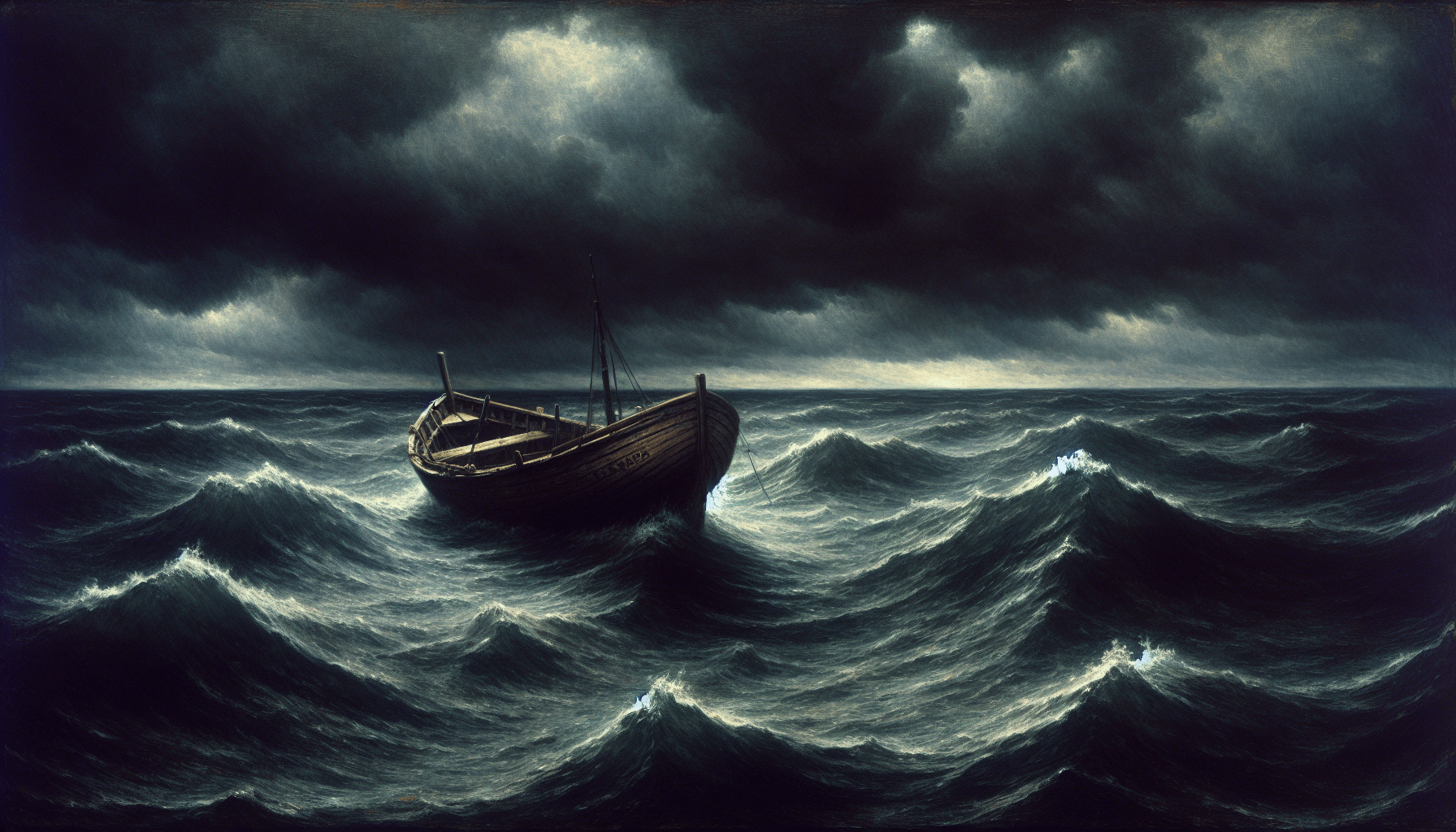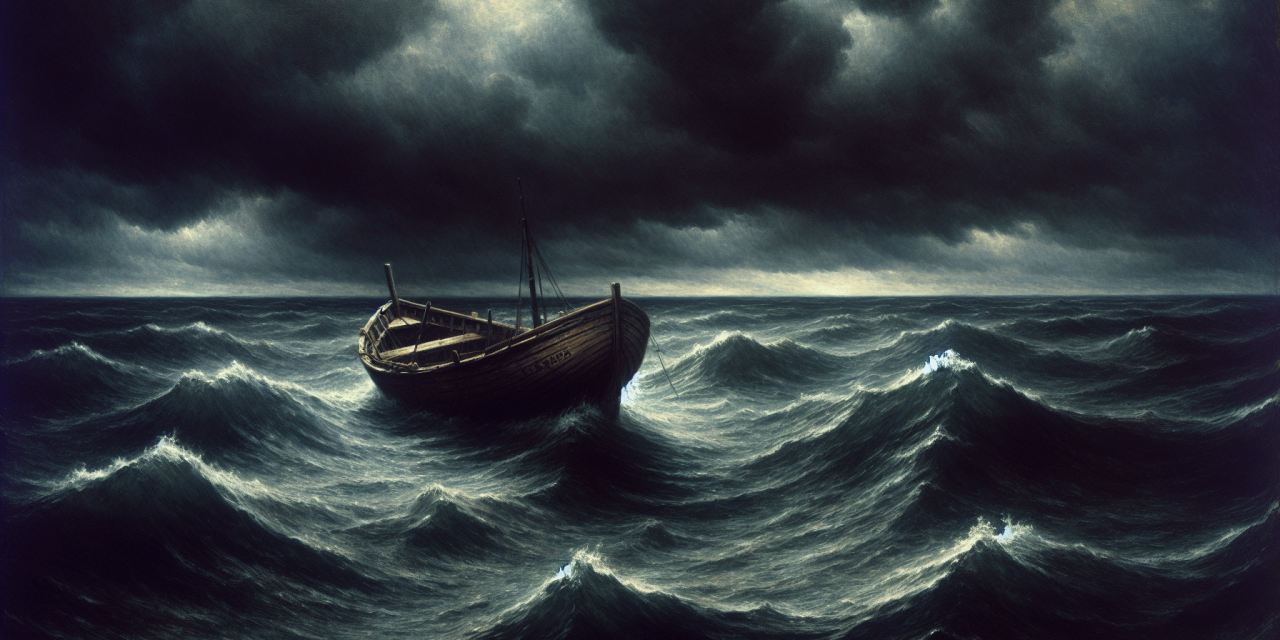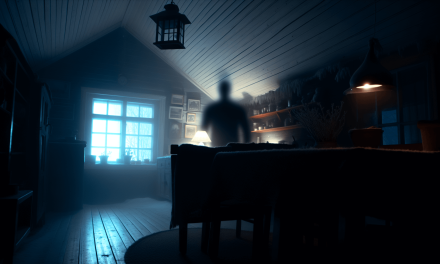On July 5, 1884, a desperate struggle for survival unfolds on the unforgiving seas. The Mignonette, a small yacht meant for sunnier voyages, succumbs to a violent storm, leaving its four crew members adrift in a fragile dinghy. With hope fading, the captain, Tom Dudley, faces an unimaginable choice. Days stretch into weeks, and starvation gnaws at their sanity. The youngest aboard, cabin boy Richard Parker, becomes the focal point of their grim survival calculations.

Weeks have passed since the yacht’s sinking, and the men are at the brink of death. The haunting decision is made: Richard Parker, weak and unconscious, is sacrificed for the survival of the others. In an act that shocks the Victorian conscience, Dudley and two others cannibalize their shipmate. This harrowing tale of desperation and morality soon captures headlines, challenging the boundaries of law and human ethics.
The aftermath of this macabre survival story reverberates through legal history. Dudley and his cohort are rescued, only to face murder charges that question the very essence of necessity. The Queen vs. Dudley and Stephens trial becomes a landmark case, shaping legal precedents and leaving an indelible mark on the annals of maritime law.
Story Source: Article titled “Lifeboat case: is murder allowed by necessity? (Queen vs. Dudley and Stephens)” (Canestrinilex.com)





